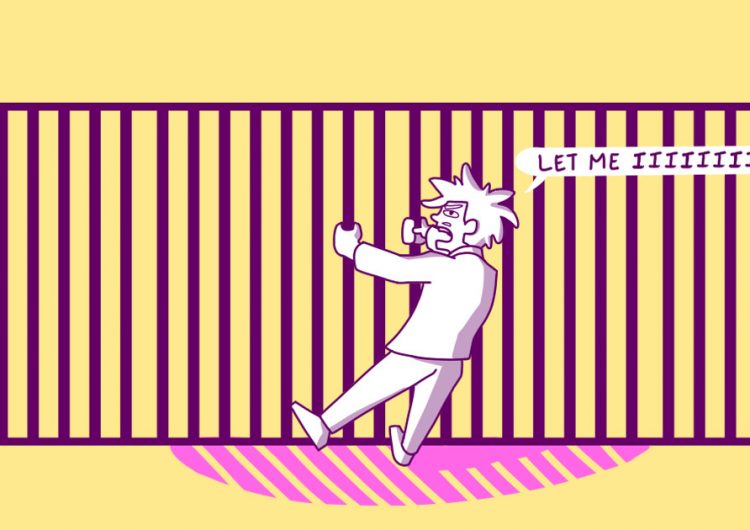Help! Help! Our precious memes are in danger. Thanks to EU’s Article 13, copyrighting memes and creative content online just got more complex than it needs to be.
Article 13, also known as “the meme killer,” law was passed in the European Parliament today. According to Wired’s extensive video essay on the matter, “Article 13 is about spreading money more evenly between creators and hosting platforms.”
Sounds beneficial for freelancers and creatives, right? It might not be.
Read more: “Yeet” is a Cebu artist’s exhibit on meme culture and shitposting
Basically, it’s a copyright law that will benefit creators big time and harm all internet users. They say memes and GIFs are safe under the special filter they’ve created, but it could censor creatives and the websites they participate in.
“Critics claimed Article 13 would have made it nearly impossible to upload even the tiniest part of a copyrighted work to Facebook, YouTube, or any other site,” BBC reports. “However, specific tweaks to the law made earlier this year made memes safe ‘for purposes of quotation, criticism, review, caricature, parody, and pastiche.’”
BBC also reports the European Parliament will use a “blanket filter” to determine the contents violating copyright law. But as we’ve seen with Tumblr’s pornography ban, web filters aren’t that smart with this censorship game. Just look at this CNN article where they tested Tumblr’s NSFW filter.
“A picture of a woman breastfeeding a baby. A fully clothed woman taking selfies in the mirror. A photo of a vase. These images were all wrongly flagged by Tumblr as improper,” CNN says.
Read more: PSA: You’re not allowed to play online games during office hours
“It’s tough for AI to make distinctions between, say, nudity for the sake of art and politics or nudity that is pornographic. An algorithm must be so focused on a specific task, such as spotting faces in pictures, so it can get tripped up by differences humans would see as trivial such as lighting.”
So did the EU break the internet by passing this law? Most likely. With Wikipedia co-founder Jimmy Wales, Youtube founders, and the World Wide Web creator himself Tim Berners-Lee opposing Article 13, we can’t say the internet is in safe hands right now.
Just look at this tweet from the Wikipedia co-founder himself:
You, the Internet user, have lost a huge battle today in Internet parliament. The free and open internet is being quickly handed over to corporate giants at the expense of ordinary people. This is not about helping artists, it is about empowering monopolistic practices.
— Jimmy Wales (@jimmy_wales) March 26, 2019
The internet made a big oopsie. And boy, we don’t know how to dig ourselves out of this one. We’ll show you this meme that expresses our deepest, complex feelings about this before it gets banned for good:

We lied. The future of the internet looks more like this:
:no_upscale()/cdn.vox-cdn.com/uploads/chorus_asset/file/6884155/Screen%20Shot%202016-08-03%20at%2010.31.04%20AM.png)
Art by Tyra Monzones

























Comments